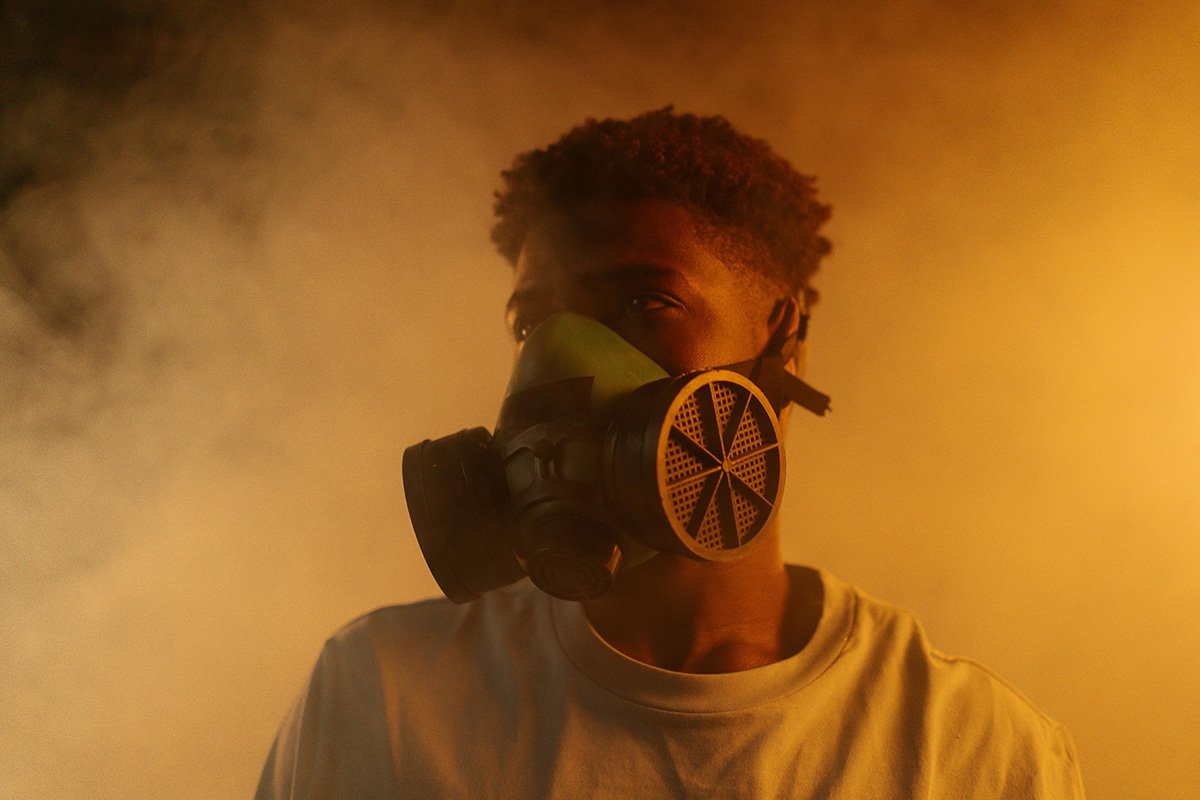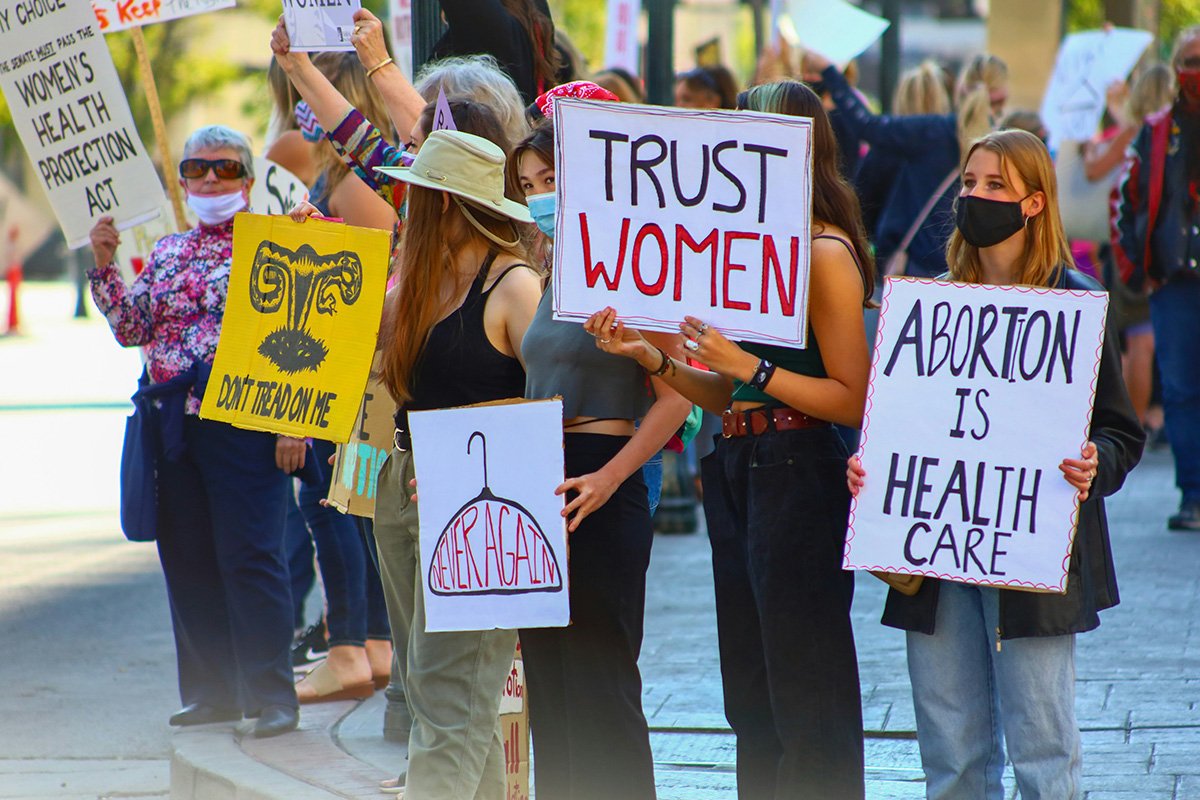
Disclosure: The author is a journalist and has been serving as a volunteer writer in the Communications Department on board the Global Mercy since January 2024.
In August 2024, the Global Mercy, the world’s largest civilian hospital ship, docked at the port of Freetown for a 10-month field service to provide surgical operations and educational training by invitation of the government of Sierra Leone.
The ship’s first patient after docking was a 32-year-old police officer living in Freetown who had suffered from a large hernia in his stomach since he was 20 years old. As he made his way up the vessel’s gangway, the Global Mercy’s all-volunteer crew greeted him and his family with applause—a celebration akin to a ribbon-cutting ceremony. The Global Mercy, on its seventh visit to Sierra Leone, was now officially open for surgery.
In the hospital deck, Dr. Timothy Burandt, a general surgeon based in the United States, was preparing for the ship’s first surgery of its seventh visit to Sierra Leone. He had just met his team, a staff of physicians and operating room nurses, to plan for the hernia removal.
After serving as a surgeon in Ukraine and Iraq, Burandt returned to the United States. “I knew I wanted to…continue to operate and take care of patients, continue to scratch my mission surgery itch,” he explained. He added, “Even though I was exhausted, sometimes exasperated, my heart was in a better place.”
A Local, Global Effort
Surrounded by international cargo ships, oil tankers, and flurries of small wooden fishing boats, the Global Mercy is docked in the middle of Queen Elizabeth II Quay, Sierra Leone’s principal commercial port.
This vessel is operated by Christian charity Mercy Ships, and is one of two in its fleet. The other ship, the Africa Mercy, provides surgery on the eastern side of the African continent, and is currently serving in Madagascar.
The Global Mercy’s hospital will perform over 1,400 scheduled surgeries…in Sierra Leone.
The organization was founded in 1978, and its modern hospital ships have been serving port cities throughout Africa since 2000. To date, Mercy Ships has provided operations to Benin, Cameroon, Guinea, Madagascar, the Republic of Congo, Senegal, Sierra Leone, and Togo.
The ship’s approximately 600-person crew of international volunteers includes house surgeons, nurses, general doctors, biomedical engineers, laboratory personnel, pharmacists, and rehabilitation staff and other support staff for patients and their families.
The ship also takes on volunteers working in housekeeping, hospitality, and food and beverage. It houses a school and teachers for children to attend while their parents volunteer in critical roles, and coordinates the engineers and security staff necessary for a 12-deck purpose-built hospital ship to run smoothly. Roughly 150 local Sierra Leoneans work as paid staff in various departments of the ship.
Filling Care Gaps
On two of its decks, the Global Mercy’s hospital will perform over 1,400 scheduled surgeries for qualifying candidates within Sierra Leone. Over the course of the next 10 months, surgeons on the Global Mercy will perform maxillofacial surgery, orthopedic surgery, reconstructive plastic surgery, general surgery, women’s health surgery, eye surgery, dental surgery; and provide palliative care.
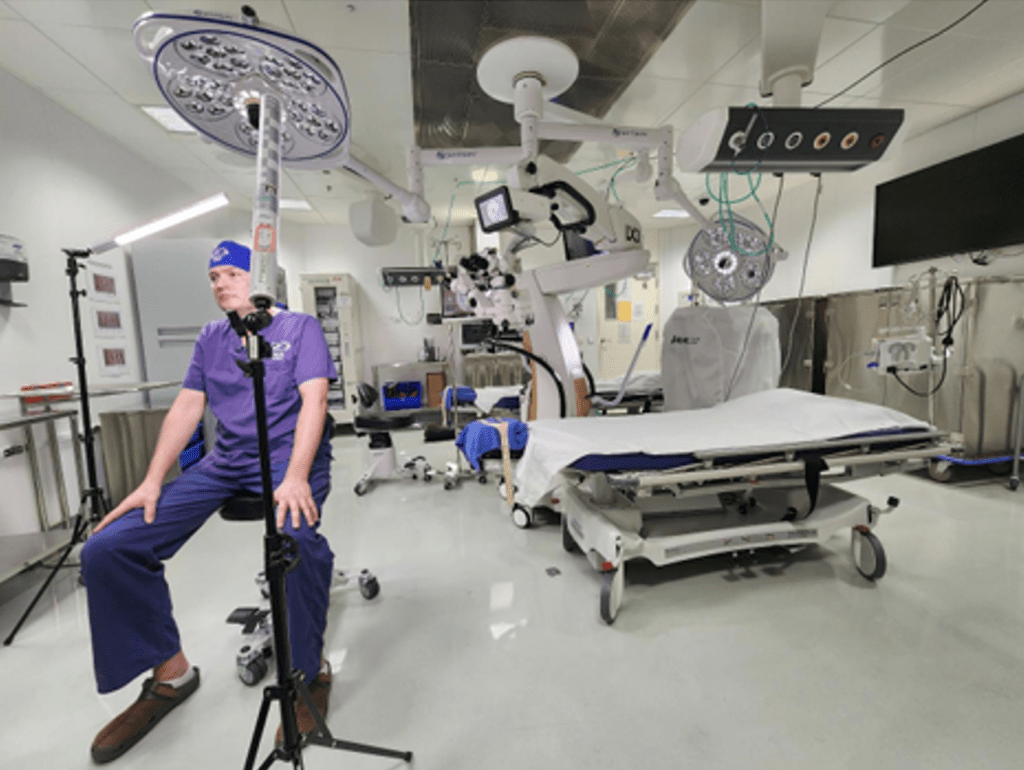
Mercy Ships is not the only medical NGO that offers medical care by boat, but it is one the largest. Floating Doctors offers mobile healthcare, education, and community development to underserved communities worldwide. And Doctors Without Borders “brings medical care to people affected by conflict, disasters, epidemics, and social exclusion.”
Though it is a Christian organization, Mercy Ships provides support regardless of patients’ religious affiliation. In Sierra Leone, for example, the nonprofit is currently serving a majority-Muslim population.
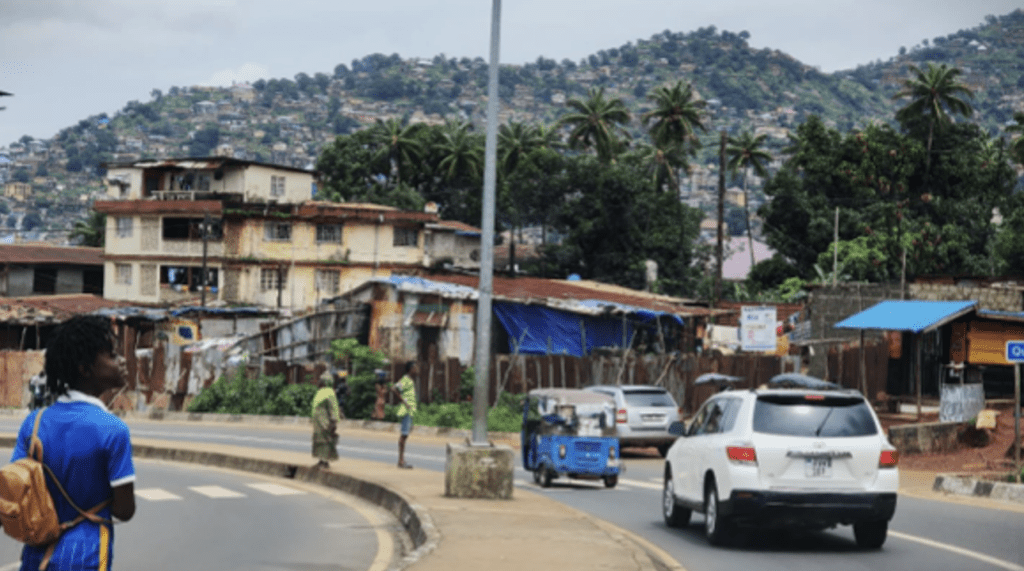
Sierra Leone has been described as a “medical desert,” with one of the lowest surgeon-to-population ratios in the world—less than one surgeon per 100,000 people. This shortage means that many people do not have access to timely surgical care, leading to preventable deaths and disabilities from treatable conditions such as hernias, cataracts, cleft lips; and orthopedic illnesses like Blount’s disease and rickets.
The lack of resources in hospitals, such as essential surgical equipment, anesthesia, and sterile environments, severely hampers the ability to perform safe surgeries. Many medical facilities in Sierra Leone lack electricity, clean water, and reliable medical supplies, making even simple surgical procedures risky or impossible.
Sign up for our free newsletters
Subscribe to NPQ's newsletters to have our top stories delivered directly to your inbox.
By signing up, you agree to our privacy policy and terms of use, and to receive messages from NPQ and our partners.
The high burden of obstetric complications, trauma from accidents, and infectious diseases also contributes to the urgent need for surgical care. To address these challenges, organizations like Mercy Ships uses a two-pronged approach: 1) providing free, safe surgeries, and 2) training local healthcare professionals to improve the country’s healthcare infrastructure once the ship departs to its next field of operation.
“We are investing in the current workforce and in the next generation of specialists.”
Capacity Building
In addition to its traveling hospital ships, the organization also makes strategic investments on the ground in the countries it serves. Mercy Ships’ Education, Training, and Advocacy (ETA) department manages these programs in coordination with governments, universities, and other partners, so that medical capacity is sustained well after the ship leaves port.
“Our goal is to support our Sierra Leonean partners in strengthening the surgical healthcare system so that high-quality surgical care will be available to all those who need it. Our approach is to learn about the needs and priorities and then co-develop solutions with our partners which will be impactful and enduring,” ETA director for Sierra Leone, Suzanne Thomas, said.
In Sierra Leone, for example, the organization partnered with the Ministry of Health and the University of Sierra Leone to fund a Nurse Anesthesia Diploma Program, a two-year program to train medical professionals in anesthesia so that safe surgeries can be carried out well after the Global Mercy sails to its next destination.
Sierra Leone has only one anesthesiologist per million people, drastically lower than the World Health Organization (WHO) recommendation of 20 per million. Nearly 90 percent of surgical procedures in the country are conducted without a trained anesthesiologist, increasing surgical patients’ risk of severe pain and devastating complications.
“Building a good relationship with our partners is key to success.”
The anesthesia program, which began in April 2024 with 20 students from across Sierra Leone, includes trainings conducted in a simulation center aboard the Global Mercy.
“Working alongside the Ministry of Health is vital to ensuring that the work we do can be sustained long-term,” Thomas said. “And working with key institutions such as the University of Sierra Leone…means that we are investing in the current workforce and in the next generation of specialists.”
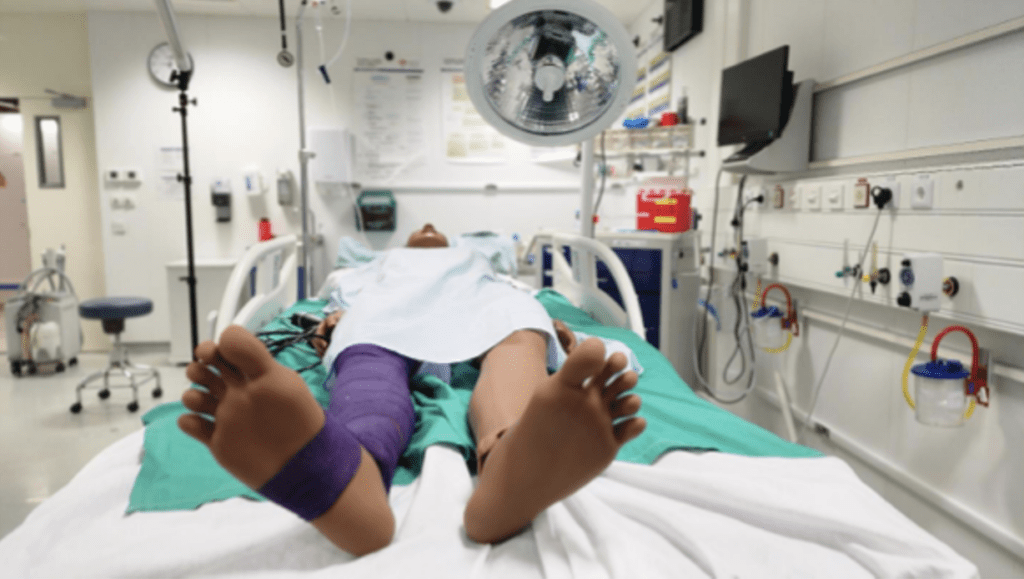
The organization has also sponsored Sierra Leonean students to study French and dentistry courses in Guinea, with the aim that they return to Sierra Leone to bolster general dentistry in the country.
Additional ETA programs—hospital management training, sterile instrument processing, and nurse mentorship courses—are underway at Freetown’s largest teaching hospital, Connaught Hospital. In coordination with the Ministry of Health, the organization is attempting to make strategic and sustainable education and training programs in-country to enhance Sierra Leone’s medical capacity.
“Building a good relationship with our partners is key to success. As Mercy Ships has been engaging with Sierra Leone for over 30 years, that has helped build trust and that significantly helps in developing and delivering these education and training programs,” Thomas concluded.
Volunteer-Powered, Donor-Funded
These giant hospital ships do not come cheap, and Mercy Ships provides relatively stable internet connections, air-conditioning, and clean water for hundreds of volunteer residents, all at considerable expense.
The organization is financed through direct donations from North American, European, and Australasian donors; as well as other multinational corporations in pharmaceuticals, shipping, and logistics, which also gift equipment and expertise. These investments allow Mercy Ships to maintain a fleet of 40 operational vehicles, a Hospital Outpatient Extension Center on land to hold patients between consultations and surgeries, and electricity even when it isn’t available in Freetown.
Organizations like Mercy Ships help bolster medical resources and local capacity building in underserved communities. Such mobile healthcare delivery models have the potential to significantly increase people’s access to lifesaving and life-sustaining clinical services worldwide.










